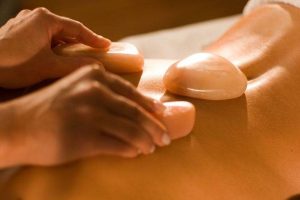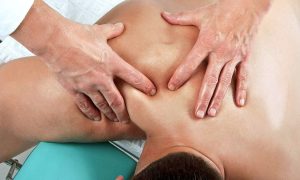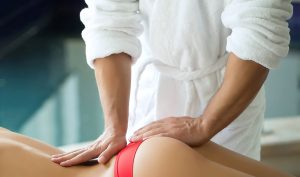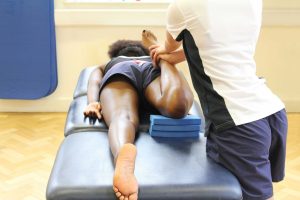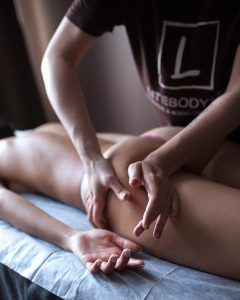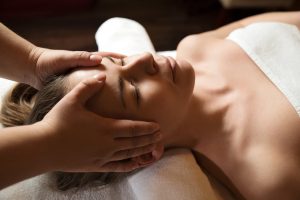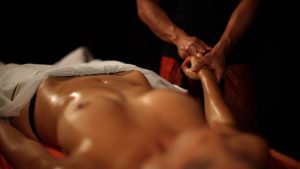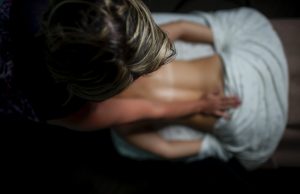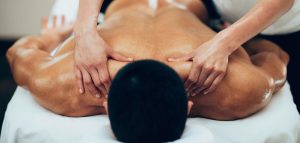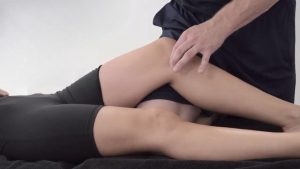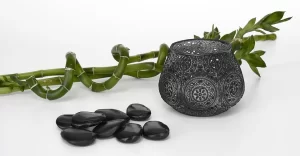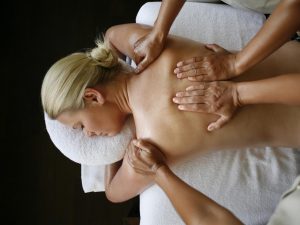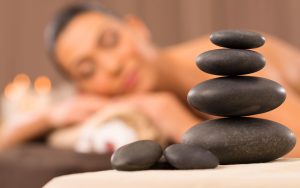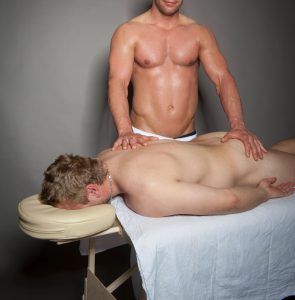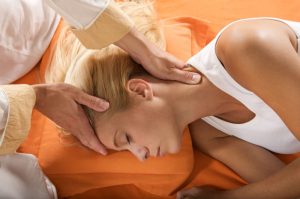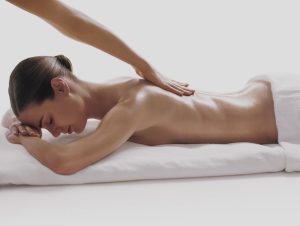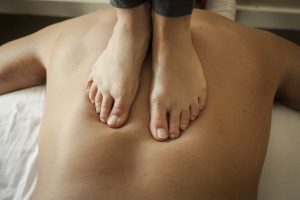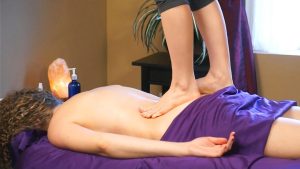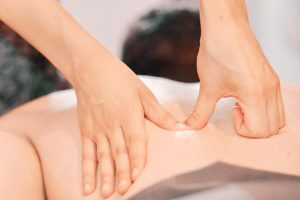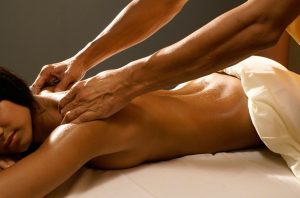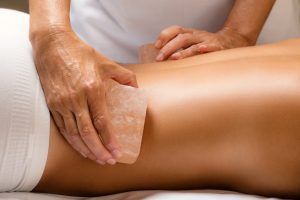Deep tissue massage is becoming an increasingly popular method for relieving tension and improving overall well-being. However, like any medical procedure, it has its side effects, and one of them is the possibility of experiencing painful sensations after the session. In this article, we will explore whether deep tissue massage can cause painful sensations, what the reasons for such reactions are, and what is best to do to prevent or alleviate them. We’ll delve into how common this phenomenon is and how to properly respond to your sensations after the procedure.
Definition of Deep Tissue Massage and Its Popularity


Deep tissue massage is a massage technique that targets the deeper layers of muscles and connective tissues with the goal of improving blood circulation, relieving tension, and enhancing overall body condition. This practice is often applied to treat chronic pain, muscle spasms, and injuries.
Its popularity is also attributed to its ability to improve joint mobility. Many people turn to this technique in search of relief from muscle pain associated with everyday activities or sports. The growing interest in health and well-being contributes to the popularity of this relaxation method among various age groups.
Benefits of Deep Tissue Massage
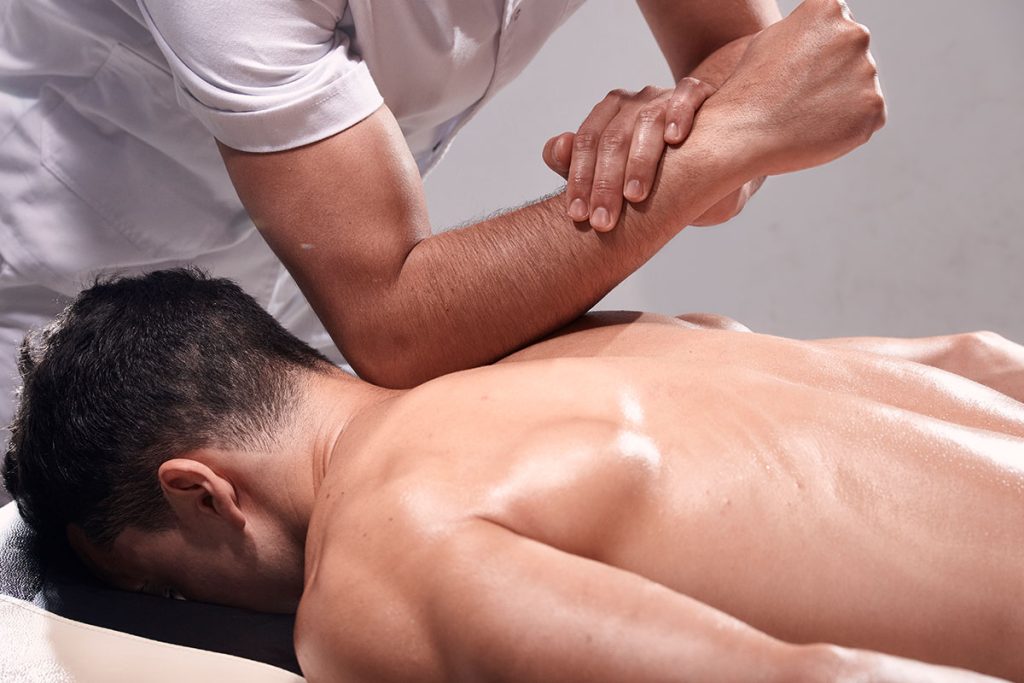

This practice offers a range of significant benefits for the care of physical and emotional well-being. Here are several key aspects it provides:
- Targets Deep Muscle Layers: Allows for action on deep muscle layers, promoting their relaxation. This is particularly beneficial for those dealing with chronic muscle tension.
- Improves Blood Circulation: Contributes to improved blood circulation and efficient transport of oxygen and nutrients to the muscles.
- Analgesic Effect: Provides an analgesic effect, helping to reduce pain associated with muscle spasms, arthritis, or other conditions.
- Enhances Flexibility and Joint Mobility: Leads to improved flexibility and joint mobility, which is especially crucial for individuals with limited mobility.
- Affects Psychological Well-being: Influences psychological well-being, alleviating stress and enhancing mood.
Massage Side Effects
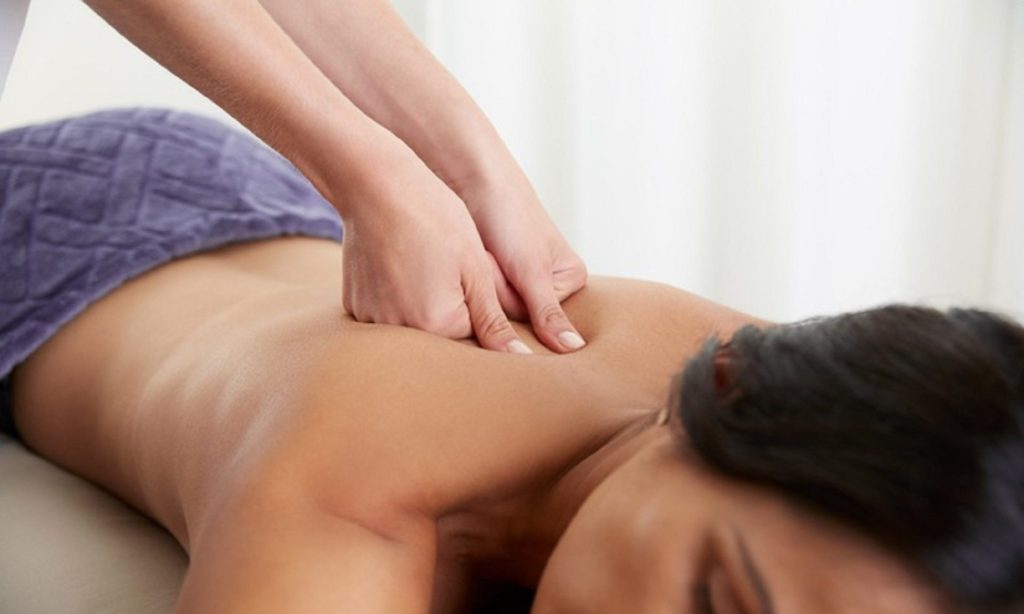

Despite many positive aspects of the session, there are some potential side effects that may occur after the procedure. These effects are temporary and depend on individual characteristics. It is important to know that most of them are part of the recovery process:
- Temporary Pain in Treated Areas: The emergence of temporary pain in the treated areas.
- Fatigue and Desire to Sleep: Feeling tired and a desire to sleep.
- Dizziness or Mild Headache: Some people may experience dizziness or a mild headache, especially if they are undergoing this procedure for the first time.
- Mild Swelling or Bruising: The appearance of mild swelling or bruising due to improved blood circulation and tissue response to manipulations.
Possible Causes of Painful Sensations
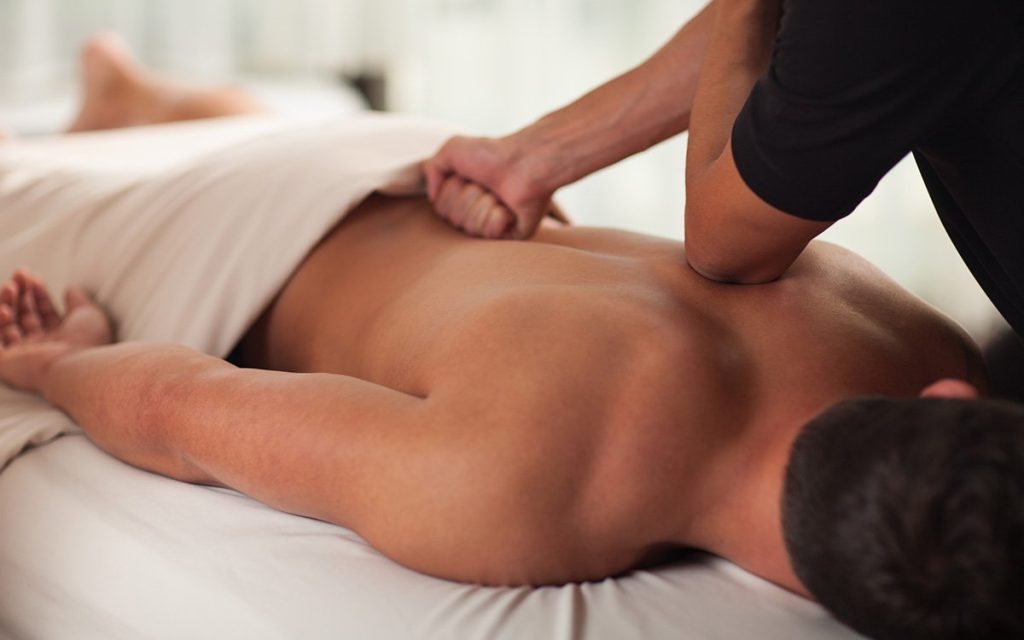

- The intensity of applied pressure, especially if the massage therapist uses excessive force, making it advisable to seek qualified massage therapists.
- Muscles in a specific area of the body being excessively tense or spasmodic.
- Individuals at risk include those with existing medical issues such as joint or muscle inflammation.
- Some individuals may have heightened sensitivity to massage techniques, making them more prone to painful reactions.
- Working on trigger points or knots in muscles can induce painful sensations when they release or relax.
- Each body reacts individually, and what one finds pleasurable, another may perceive as painful.
- After the massage, the recovery process begins, including tissue repair, which can also sometimes cause painful sensations, but they quickly subside.
Preventing Painful Sensations


The methods to prevent painful sensations are as follows:
- Discuss Expectations with the Massage Therapist: Before the session begins, discuss your expectations with the massage therapist, including the level of pressure you find comfortable and any specific problem areas that require special attention.
- Regular Massages for Adaptation: Regular massages help prevent painful sensations as muscles gradually adapt to the procedure.
- Communicate Discomfort During the Session: If you feel excessive discomfort during the session, don’t hesitate to inform the massage therapist so they can adjust the pressure.
- Deep and Even Breathing: Deep and even breathing during the procedure aids relaxation and reduces painful sensations.
- Apply Heat Therapy Before the Session: Using heat therapy before the session promotes muscle relaxation and reduces discomfort.
- Ensure Well-Moisturized Skin: Moisturized skin is more receptive, so ensure your skin is well-hydrated.
- Rest and Hydration After the Session: After the session, rest, avoid intense physical activities, and drink an adequate amount of water to maintain hydration.
Questions and Answers:
Can a massage make me feel sick?
A massage may feel sick to some individuals, especially if it is your first time or if it is an intense session such as a deep tissue massage. You might feel sick after massage due to the release of metabolic waste from your muscle tissue. This can lead to flu-like symptoms such as nausea. However, this is generally a temporary reaction as your body flushes out toxins and drinks plenty of water to help your body eliminate these substances.
Is it normal to feel sick after a massage session?
Feeling sick after getting a massage is not uncommon for some people. The manipulation of your muscles during a massage session can lead to the release of toxins, which can make you feel nauseous. This reaction can happen after different types of massages, such as sports massage or Swedish massage. Remember to hydrate and release toxins through the lymphatic system and bloodstream.
How long will I feel sick after a massage?
The duration of feeling sick after a massage varies from person to person. Some individuals may experience soreness and muscle soreness for a short period, while others may have flu-like symptoms for a day or two. If massage makes you sick for an extended period, it is essential to consult with your massage therapist to understand the effect of deep tissue massage on your specific condition.
Why does a massage cause flu-like symptoms?
Getting a massage can sometimes cause flu-like symptoms because the pressure and manipulation of your muscles can lead to the release of toxins in muscle tissue. This reaction is a normal part of the remedial massage process as your body
How to determine if painful sensations after a massage are a normal occurrence?
Normal painful sensations are related to the intensity of the massage and will diminish within 1-2 days.
What effect does meditation have on painful sensations after a massage?
Meditation helps to relax and relieve tension, which can reduce painful sensations.












![11 Best Alternatives to Bedpage: Your Ultimate Guide [March 2024]](https://massage.dating/wp-content/uploads/2024/03/Best-Alternatives-to-Bedpage-300x200.jpg)







